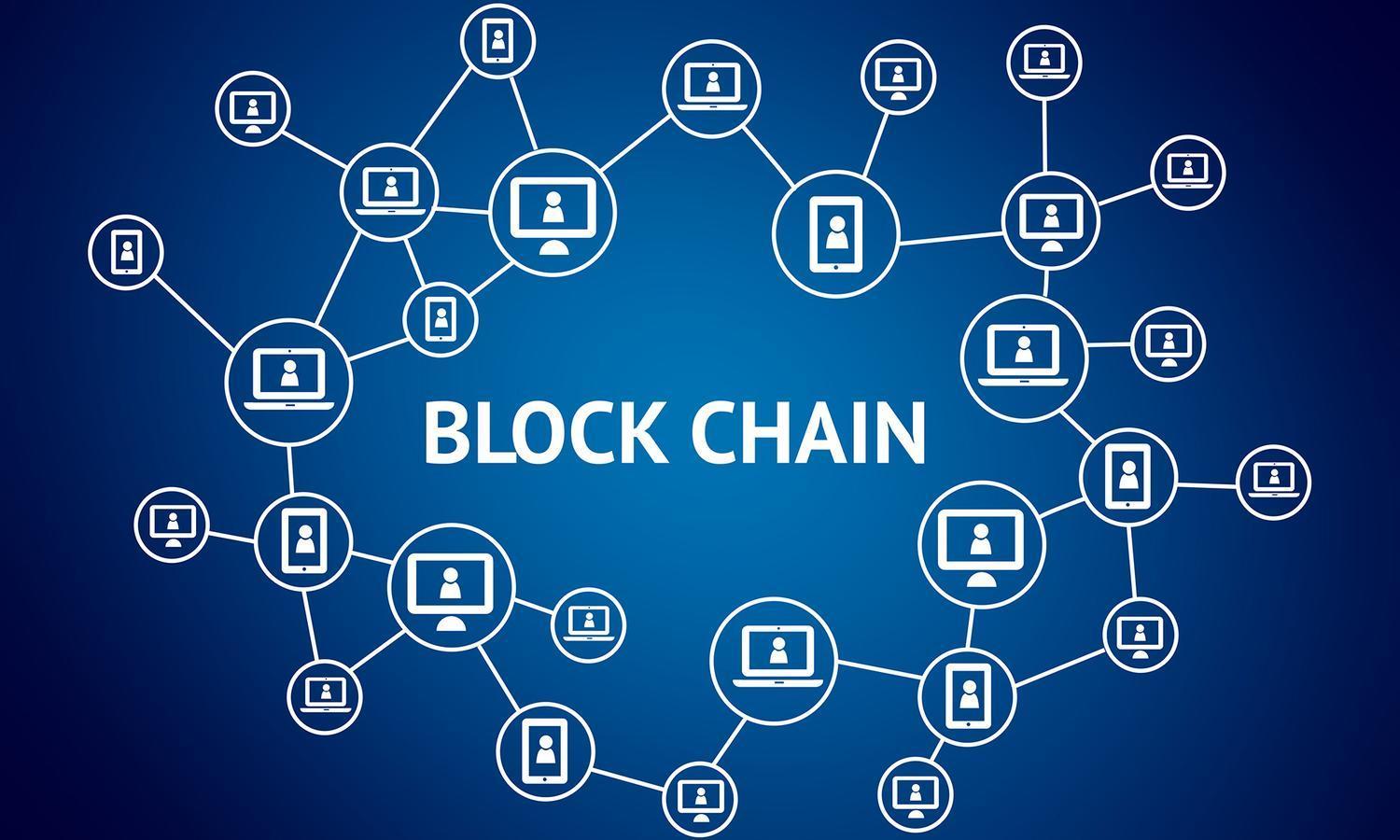In recent years, the term “blockchain” has been making waves across industries like finance, healthcare, and logistics. But what exactly is blockchain, and why is it so important? Originally known for powering cryptocurrencies like Bitcoin, blockchain technology has grown far beyond digital currency. Today, it’s seen as a game-changing innovation with potential applications in everything from supply chain management to secure online voting.
In this guide, we’ll break down what blockchain is, how it works, and why it matters to businesses and individuals alike.
What is Blockchain?
At its core, blockchain is a digital ledger or database that records transactions in a secure, transparent, and tamper-resistant way. Unlike traditional databases that are often controlled by a central authority, blockchain uses a decentralized network of computers (or “nodes”) to verify and record transactions.
Think of blockchain as a shared, digital notebook where each page represents a block of transactions. Once a page (or block) is filled with information, it is linked to the previous block, forming a chain of records—hence the name “blockchain.”
How Does Blockchain Work?
Blockchain technology operates on three main principles: decentralization, transparency, and immutability. Here’s how it works in a few simple steps:
- Transaction Creation: When a transaction (like a payment or data entry) occurs, it is added to a block along with other transactions.
- Verification by Nodes: Computers (nodes) on the network verify the transaction details to ensure they’re legitimate. This verification process is crucial for maintaining trust without a central authority.
- Block Linking: After verification, the block of transactions is timestamped and linked to the previous block, creating a chain.
- Immutability: Once a block is added, it cannot be altered, ensuring data integrity and preventing tampering.
Each transaction is transparent and traceable but protected by encryption, making blockchain both open and secure.
Why Blockchain Matters: Key Benefits
Blockchain technology is more than just a trend; it offers several benefits that make it valuable in various sectors. Here’s why blockchain matters:
1. Enhanced Security
Blockchain uses advanced encryption techniques to secure data. Once a block is added, it cannot be changed, providing a high level of data integrity that is ideal for sensitive information, such as medical records and financial transactions.
2. Transparency and Traceability
Blockchain’s transparent nature makes it easier to track and trace the origin of products and transactions. This feature is particularly useful in industries like food supply chains, where transparency is essential for quality assurance.
3. Decentralization
Since blockchain is decentralized, it removes the need for intermediaries, such as banks or brokers, reducing transaction costs and speeding up processes. This feature is revolutionary for industries like finance and real estate, where middlemen have traditionally been indispensable.
4. Efficiency and Automation
Blockchain supports smart contracts, which are self-executing contracts that automatically enforce the terms of an agreement. This can streamline business processes, reducing the time and cost required for manual contract management.
Applications of Blockchain Beyond Cryptocurrency
While blockchain is best known as the technology behind cryptocurrencies, its applications go far beyond digital currency. Here are some promising uses for blockchain in different industries:
1. Supply Chain Management
Blockchain allows companies to trace every step of their supply chain, ensuring product quality and authenticity. For instance, a food supplier can track every step from farm to store, helping prevent fraud and contamination.
2. Healthcare
In healthcare, blockchain can securely store patient records, making it easier for doctors and patients to access medical history without risking data breaches.
3. Real Estate
Blockchain simplifies property transactions by enabling secure digital ownership records, reducing paperwork, and cutting down on transaction fees.
4. Voting Systems
Blockchain offers a transparent and secure way to conduct elections, minimizing the risks of voter fraud and ensuring accurate counts.
Challenges and Limitations of Blockchain
While blockchain has clear benefits, it also faces some challenges:
- Scalability Issues: As blockchain networks grow, they can slow down, making large-scale adoption difficult.
- Energy Consumption: Some blockchain models, like Bitcoin’s, use significant energy for mining, raising environmental concerns.
- Regulatory Concerns: Blockchain’s decentralized nature makes it hard for governments to regulate, especially when used for financial purposes.
These challenges are being actively addressed, and many blockchain models, such as proof-of-stake, aim to reduce environmental impact.
Conclusion: Why Blockchain is the Future
Blockchain is a transformative technology with vast potential beyond cryptocurrency. Its decentralized, secure, and transparent nature makes it valuable across various industries, from healthcare to real estate. As the technology evolves and solutions for scalability and regulation emerge, we can expect blockchain to become even more integrated into our daily lives.
For businesses and individuals, understanding blockchain technology today means preparing for the changes it will bring tomorrow. Whether you’re interested in its applications in finance, supply chain management, or data security, blockchain is worth keeping an eye on.
FAQs
1. What is blockchain in simple terms?
Blockchain is a digital ledger that records transactions in a secure and transparent way without needing a central authority.
2. How does blockchain ensure security?
Blockchain uses cryptography and a decentralized network, making it tamper-proof and highly secure.
3. Can blockchain be used outside of cryptocurrency?
Yes, blockchain has applications in various fields like supply chain management, healthcare, real estate, and more.
4. What are the main challenges of blockchain?
Some challenges include scalability, energy consumption, and regulatory concerns.




